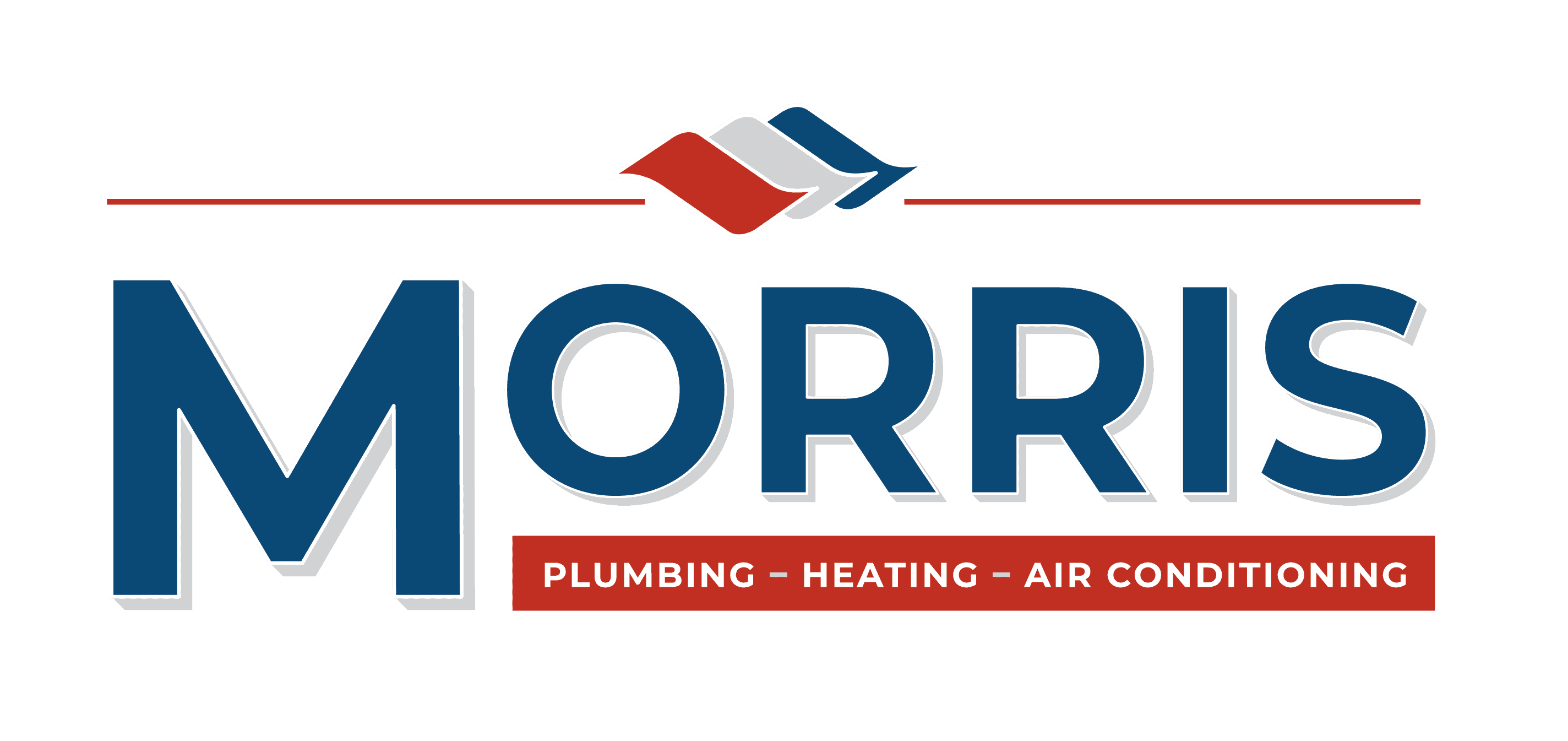When it comes to HVAC units, preventative maintenance and regular tune-ups can make a big difference in regards to the efficiency and longevity of your system. Even if your HVAC unit has been working like a well-oiled machine, routine maintenance can decrease your energy bills and help you avoid costly repairs. A comprehensive fall HVAC checklist includes:
- Checking and replacing air filters regularly
- Cleaning the registers and ducts
- Listening for strange noises
- Assessing refrigerant lines
- Examining and maintaining the system’s exterior unit
- Testing the system
Checking and Replacing Air Filters
One of the most important tasks on the fall HVAC checklist is to inspect and replace your air filters regularly. When air filters collect dirt and debris, they make your HVAC system function less efficiently. They also cause extra strain on the moving parts.
Consider making yourself a reminder to check your air filter monthly. If it becomes clogged or especially dirty, replace it. HVAC professionals advise homeowners to change their filters every 30 to 90 days. If you open your windows frequently or own pets, then you may need to replace yours more frequently. It’s also a good idea to purchase high-efficiency filters. These filters hold onto small particles better than traditional ones, decreasing wear and tear.
Clean the Registers and Ducts
Keep your system’s registers and ducts clear of debris and dust. Use a clean, slightly damp rag to wipe your registers down as often as you can. This step will prevent excess dust and debris from entering your HVAC system.
Let Your Humidifier Rest
We know that this is a fall HVAC checklist, but during the summer, turn off the water supply to your furnace humidifier. This will give the humidifier a break. When fall arrives, replace the unit’s water panel, which is called the humidifier pad, and set the relative humidity to a setting that’s between 35 and 45 percent. Then, turn the furnace humidifier’s water supply back on.
Listen for Strange Noises
One of the easier ways to check your HVAC unit in the fall is to listen for strange noises from time to time. When your system is running, just listen to it for a moment. Strange sounds are often created by debris in the vents, loose bolts or register blockages. If you catch them early, you may be able to prevent an expensive repair bill. If you hear something unusual but are unable to pin down the source of the noise, you may need to call an HVAC professional to check it out.
Assessing Refrigerant Lines
When it comes to your fall HVAC checklist, you’ll want to take a peek at your system’s refrigerant lines. Try to look them over monthly if you can. In checking the lines, you’ll be mainly looking for leaks. If a leak has formed, it will cause ice to develop on the unit’s coil and other parts of your system. Catching a leak early before the hot months arrive can prevent additional damage to the HVAC system.
Examining and Maintaining the System’s Exterior Unit
If your HVAC system includes an outdoor unit, then be sure to keep it free of debris. Check your unit every week or two for dirt, sticks or any other debris. If something is attached to the side or top of the exterior unit, then remove it using gloves or a Shop-Vac. By making sure that the unit is clean, you’ll be letting the maximum amount of airflow move through the fan, increasing your system’s efficiency and lifespan. To keep it as clean as possible, remove anything that is blocking the flow of air to the unit. Try to leave about two feet of empty space around it.
Testing the System
After everything is checked, cleaned and adjusted, complete a system test to make sure that it is working properly. Confirm that the system starts and operates as it should. Also, make sure that your HVAC system powers down properly including the air handler and exhaust fans.
A Few More Tips
If you have any combustible substances, make sure that they’re stored away from your HVAC unit. Also, consider the placement of your home’s furniture. Move heavy furniture or other items away from the registers. If your HVAC unit registers become blocked, then the item blocking them could be preventing heat from reaching your living areas. This could put a strain on your system.
Make sure that changing the batteries in your carbon monoxide detector is also on your fall HVAC checklist. This is a maintenance task that should be done every year.
Contact a Professional
To make sure that your HVAC system receives consistent and thorough maintenance, consider contacting an HVAC company to inspect your system and complete the maintenance every fall and spring. A professional will go the extra mile by checking things like the wiring and the moving parts of your HVAC system. Morris Plumbing, Heating & Air Conditioning provides this service. Contact us today.


.1811151507550.png)